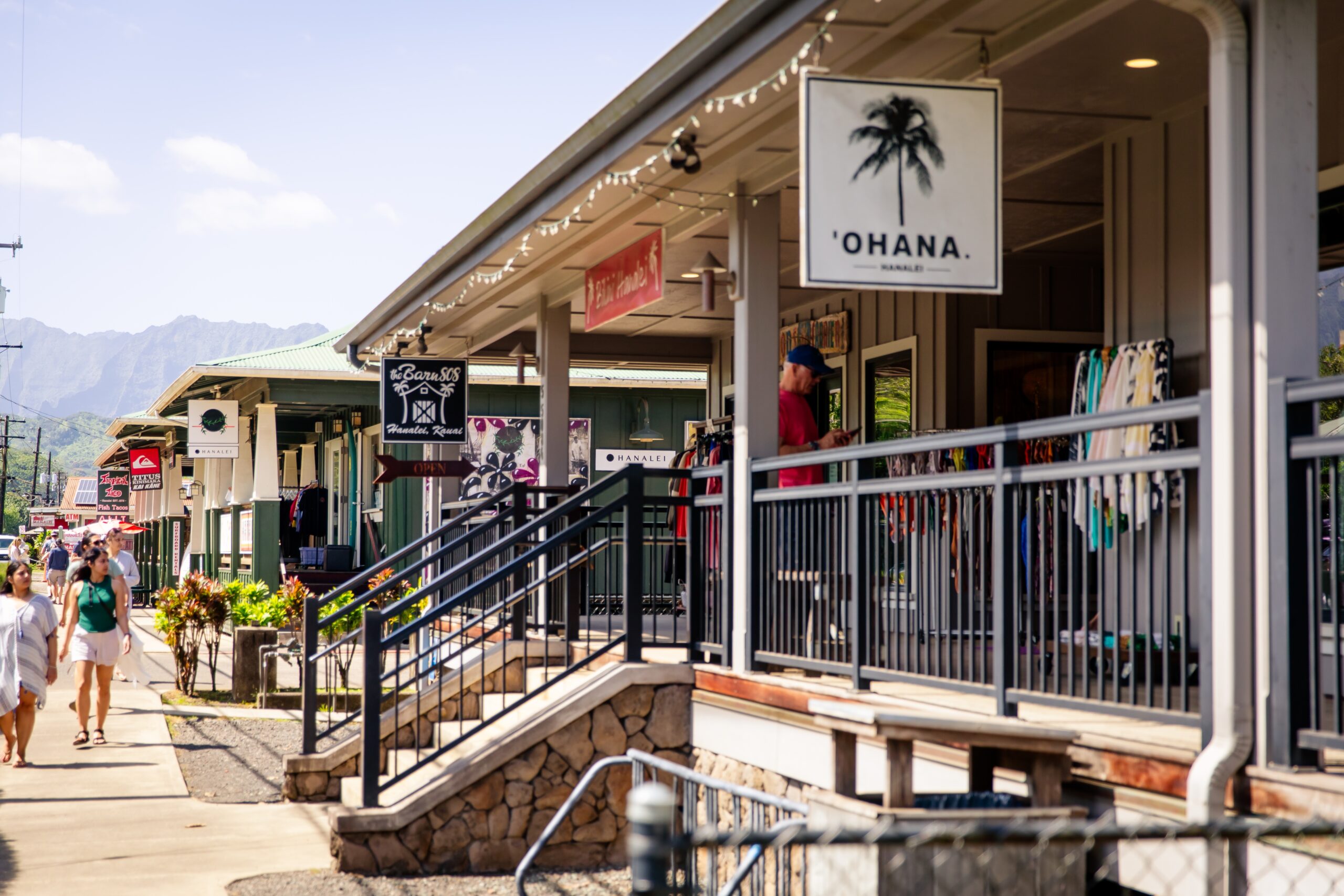Hawai’i is at a crossroads. It needs tourism, including groups, but its residents—especially but not only Native Hawaiians—have been increasingly upset about overtourism and degradation of the state’s fragile environment and treasured cultural sites. The aftermath of the tragic West Maui wildfire only sharpened divides. What to do?
Hawai’i Tourism Authority (HTA) has a new answer for bridging these divides and building trust: Qurator, a certification program for the widest possible swath of visitor-facing businesses that was developed with input from more than 100 diverse voices, on and off the islands—ranging from the Native Hawaiian Hospitality Association, Honolulu Police Department and hotel union Unite Here to the U.S. Environmental Protection Agency, LGBTQIA+ Travel Alliance and Humane Society of Hawai’i. DMO counterparts like Jackson Hole Travel and Tourism in Wyoming and Queensland Tourism in Australia were also consulted.
A 24-member advisory committee of representatives from the visitor industry, business associations, government and nonprofits provided guidance during the program’s gestation, as well.
Learn More: Hawai’i Is Open for Business
“Qurator isn’t just a stamp of approval,” explained Mufi Hannemann, HTA board chair, in a press release announcing the launch. “It speaks to a set of brand values for the Hawaiian Islands, that we care deeply about our land, our people, our culture and our guests. It’s a recognition of the interdependent relationship between businesses, visitors and our broader local community.”
Under a pilot program begun in May, 13 businesses—three airlines, one hotel, one restaurant, six tour operators and two attractions—were first to be certified. That number has already more than doubled since.
How It Works
To achieve Qurator recognition, businesses can be evaluated in as many as six categories: Environment, Cultural Support, Equity, Safety, Community and Guest Experience. Across all of these, three tiers of overall certification can be awarded, starting with “Qurator Certified,” moving up to “Qurator Honored” and finally to “Qurator Elite.”
Among the most recent to receive Elite certification is SCP Hilo, a 128-room property with meeting space for up to 40 attendees, on the Island of Hawai’i. It was cited for being a hub of community engagement and cultural exchange, and for its Every Stay Does Good program, in which each stay at the hotel helps to remove trash from local beaches through its partnership with Hawai’i Wildlife Fund.
Read More: Event Certifications: Smart Head-Start
The certification process begins with self-evaluations by applicants, which are validated by an independent third party for “truthfulness and accuracy.” Qurator designations must be renewed yearly.
HTA says each Qurator survey is specifically tailored to the size, situation, and type of the applying business and contains 150-225 questions selected out of the 300 total criteria within the Qurator universe. Businesses may participate and be recognized in as few or as many categories as they wish.
Why It’s Unique
All this makes Qurator “the broadest-encompassing visitor industry mark of quality in the world,” says HTA.
For one thing, all businesses in the visitor economy can participate, not just hotels or tour operators. The program also seeks “to recognize businesses that take responsible actions that help to mitigate a wide range of problems,” including wage inequality, human trafficking, communicable disease, and noise and light pollution. Finally, it is “cause-neutral” by allowing businesses to be recognized “for contributing in whatever way they are able, whether that means providing good jobs, protecting wildlife, or nurturing Hawai‘i’s culture.” Small, local businesses that might “struggle to meet ambitious certification goals set forth by other programs” can thereby participate, HTA notes.
The Ambitious Goal
The overall goal is as ambitious as the certification itself, and goes far beyond only promoting responsible tourism in the Aloha State.
On its website, Qurator’s vision statement is encapsulated as “360-degree education, helping us all learn from each other.” It continues: “We want the industry to learn the hopes and expectations of our community and guests. We want the community to learn about the positives that the visitor industry can offer, and provide a channel for their voices to be heard. We want guests to be able to find and support businesses which match their values.”




